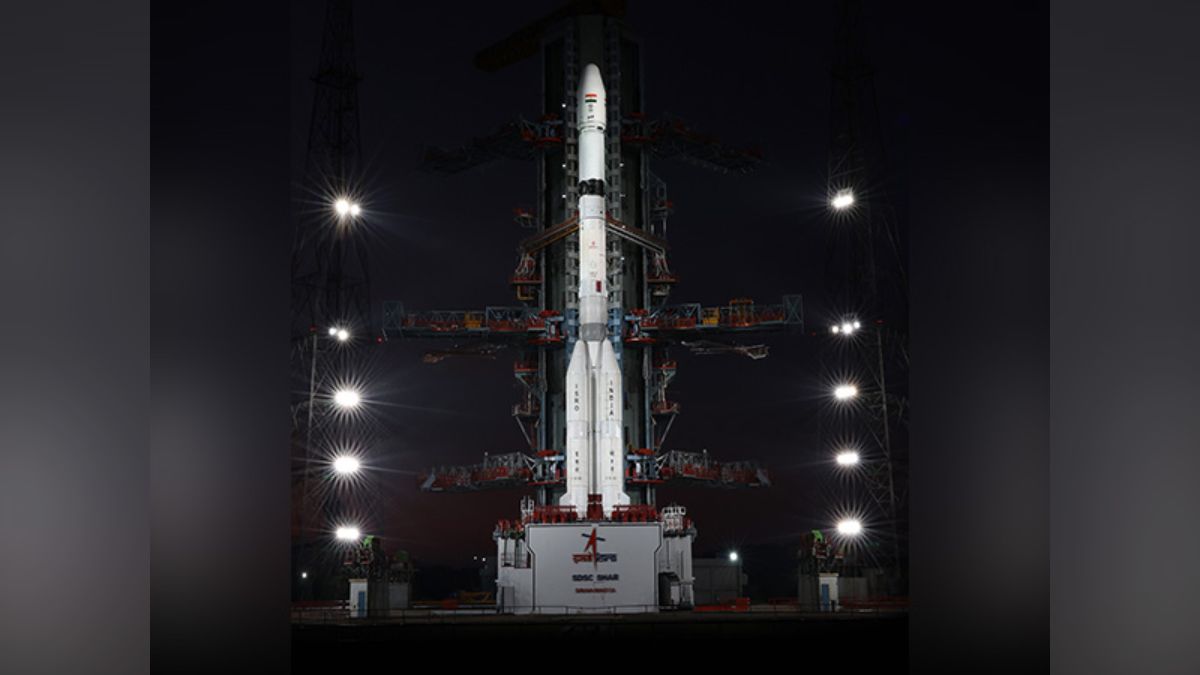As the Union Budget 2025 approaches, the space sector stands at the cusp of transformative growth, with its potential to drive innovation, bolster economic output, and assert India’s position as a global space leader. Over the past few years, India’s advancements in space exploration from the Chandrayaan-3’s historic lunar landing to ISRO’s plans for crewed spaceflights and the establishment of an Indian space station have drawn widespread acclaim. However, to maintain this momentum and achieve long-term strategic goals, sustained investments and a robust regulatory framework are imperative. From a legal standpoint, the upcoming budget offers a critical opportunity to address structural gaps, incentivise private sector participation, and ensure the alignment of financial resources with India’s ambitious space objectives. A forward-looking budget can not only help resolve current bottlenecks but also pave the way for a thriving, inclusive space economy that contributes to both national security and socioeconomic growth.
Addressing declining investments
One of the key challenges the space sector faces is the decline in funding which has hindered the execution of critical projects and dampened the growth of private space enterprises. In 2023, India’s space sector saw a record $130 million in funding. However, this enthusiasm waned in 2024, with investments dropping by 55 per cent, reflecting broader global trends. To counter this, the Union Budget 2025 must allocate resources strategically, emphasizing public-private partnerships (PPPs) and creating new financial incentives to attract domestic and international investments. Legal reforms facilitating seamless Foreign Direct Investment (FDI) in satellite manufacturing and launch services will also play a vital role.
Strengthening the legal framework
The legal landscape governing India’s space activities remains fragmented. The much-anticipated Space Activities Bill, which aims to regulate private sector participation and establish liability norms has been in the pipeline since 2020. Similarly, the implementation of the Indian Space Policy-2023 has yet to gain full momentum. The Budget 2025 should make funding a top priority to create and enforce these policies. This will help the regulatory framework to keep pace with the new technology. It is also important to tackle critical issues such as satellite licensing, space debris management and exploitation of the space resources. We need legal provisions for these to build trust and spark innovation in this field.
Boosting ISRO’s ambitions and empowering private players
ISRO’s ambitious roadmap, which includes the Gaganyaan mission, next-generation launch vehicles, and an Indian space station. All of this needs financial support. ISRO gives back Rs 2.52 for every rupee it spends. But its yearly budget of $1.6 billion is way less than NASA’s $25 billion. The 2025 budget should try to increase the funding by 20-30%. This would boost the main missions, drive R&D in heavy-lift rockets, satellite technology and deep-space exploration.
Impact Shorts
More ShortsJust as crucial is how private companies shape India’s space industry. Changes like IN-SPACe and looser FDI rules have opened doors, but we need more steps. The government should introduce tax incentives for space startups, grants for satellite innovation and simplified regulations. Expanding the Rs 10 billion venture capital fund from 2024 would also help scale the growing number of space tech startups approaching key milestones, ensuring robust private sector participation.
Conclusion
India’s space sector is at a pivotal juncture, with the potential to increase its global market share from the current 2-3 per cent to 10 per cent by 2033. To realise this ambition, the Union Budget 2025 must prioritise robust funding, enabling innovation in satellite technology, heavy-lift rockets, and deep-space exploration. Sustainability and inclusion should also remain central. Investments in space debris mitigation, guidelines for resource exploitation and education initiatives will ensure equitable growth. By addressing these priorities, India can not only cement its position as a space superpower but also drive long-term socio-economic benefits for its citizens.
The author is Partner, JSA Advocates & Solicitors. Views expressed in the above piece are personal and solely those of the author. They do not necessarily reflect Firstpost’s views.
)